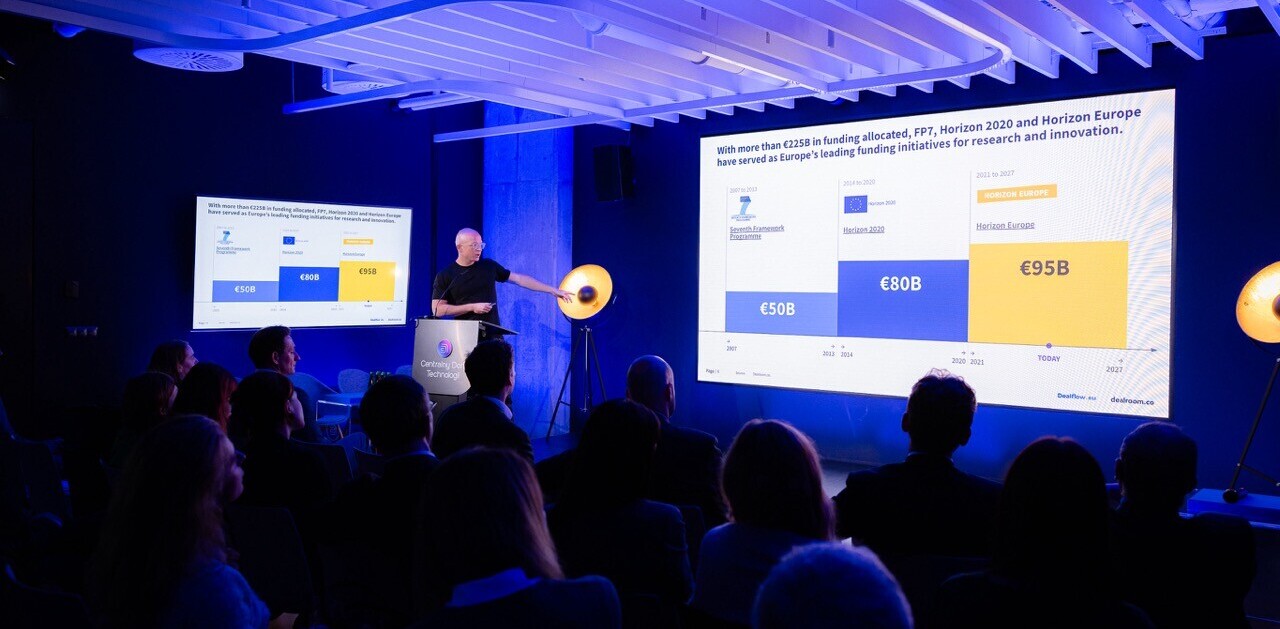
 The French National Assembly has passed a security bill which if passed by the Senate in the next few weeks will see the creation of a government blacklist of websites which ISPs will be forced to censor.
The French National Assembly has passed a security bill which if passed by the Senate in the next few weeks will see the creation of a government blacklist of websites which ISPs will be forced to censor.
The bill, known as LOPPSI2, is initially aimed at clamping down on child pornography, but will enable the French government to move into controversial areas such as copyright protection if it is put in place.
French President Nicolas Sarkozy is already on record as saying that he expects ISPs to play a much more active role in monitoring and clamping down on web content.
France’s aim is to rid networks of ‘all sources of piracy’ rather than taking a more reactive approach to disconnecting or fining file-swappers. The aim is therefore to remove or block content rather than simply to pursue lawbreakers after the event.
This approach will see France adopt one of the toughest web censorship regimes in Europe, with commentors in other European states suggesting that Sarkozy sees this hardline approach as a potential vote-winner in forthcoming elections. Beyond Europe, Australia is also moving at pace with similar ‘net censorship’ proposals.
Ars Technica quotes Jérémie Zimmermann of Internet rights group La Quadrature du Net “Protection of childhood is shamelessly exploited by Nicolas Sarkozy to implement a measure that will lead to collateral censorship and very dangerous drifts… the securitarian machinery of the government is being deployed in an attempt to control the Internet at the expense of freedoms.”
Get the TNW newsletter
Get the most important tech news in your inbox each week.




